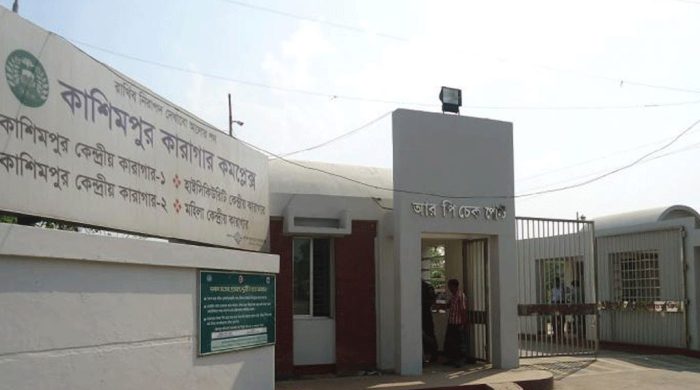AI could improve Diabetes Diagnosis, Study Suggests

- Update Time : Wednesday, April 20, 2022
- 145 Time View

A recent study suggests that signs of type 2 diabetes on abdominal CT scans could be identified early through a fully-automated artificial intelligence (AI) deep learning model. The finding was published in the journal, ‘Radiology’.
Type 2 diabetes affects a significant percentage of adults or meets the criteria for pre-diabetic. Due to the slow onset of symptoms, it is important to diagnose the disease in its early stages. Some cases of pre-diabetes can last up to 8 years and an earlier diagnosis will allow patients to make lifestyle changes to alter the progression of the disease, The Statesman reported.
Abdominal CT imaging is expected to revolutionise the diagnosis of type 2 diabetes. CT imaging is already widely used in clinical practices, and it can provide a significant amount of information about the pancreas.
“Previous studies have shown that patients with diabetes tend to accumulate more visceral fat and fat within the pancreas than non-diabetic patients. However, not much work has been done to study the liver, muscles and blood vessels around the pancreas,” said study co-senior author Ronald M. Summers, M.D., PhD.
“The analysis of both pancreatic and extra-pancreatic features is a novel approach and has not been shown in previous work to our knowledge,” said first author Hima Tallam, B.S.E., M.D./Ph.D. student.
The manual analysis of low-dose non-contrast pancreatic CT images by a radiologist or trained specialist is a time-intensive and difficult process. To address these clinical challenges, there is a need for the improvement of automated image analysis of the pancreas, the authors said.
For this retrospective study, Dr Summers and colleagues, in close collaboration with co-senior author Perry J. Pickhardt, M.D., professor of radiology at the University of Wisconsin School of Medicine & Public Health, used a dataset of patients who had undergone routine colorectal cancer screening

















